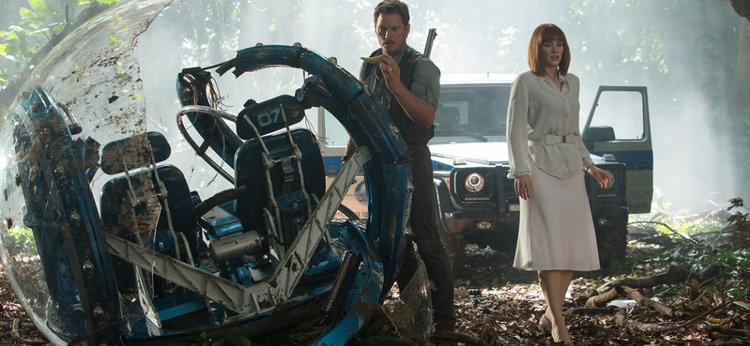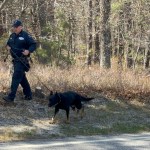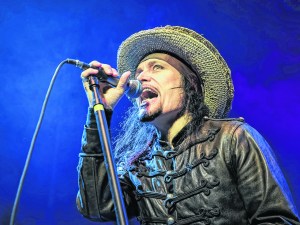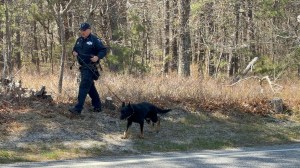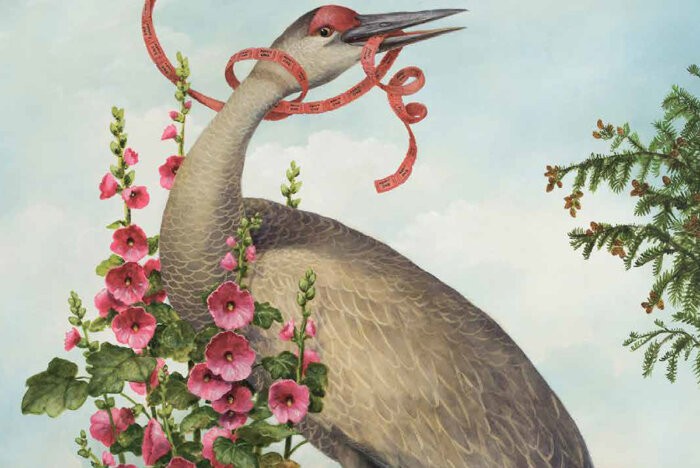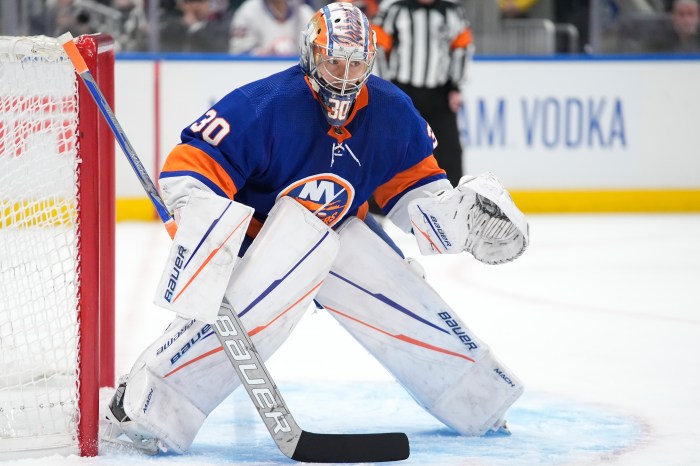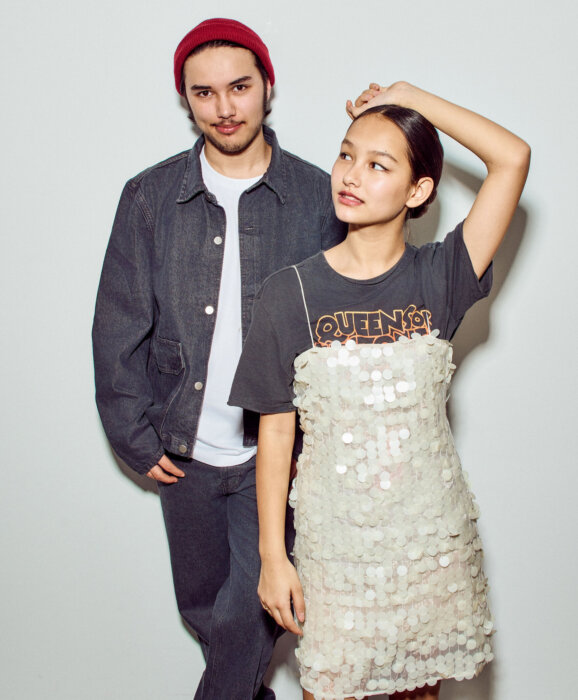Though thrilling and perhaps even more disturbing than its predecessors, Jurassic World, which premiered Friday, rides a little too much on the backs of homage and nostalgia.
The basic plot is familiar: a dinosaur park gone to hell. Only now the park is a worldwide attraction, with the masses at the mercy of the dinosaurs. This realization, and eventual actualization, was the most unsettling moment. Director Colin Trevorrow harkens back to the first Jurassic Park, revisiting the series as a science fiction horror and not a science fiction adventure, a mistake of the second and third installments. If you came for the action, you’re still in luck. Everything on screen here intensifies into an explosive, well-paced, and grin-inducing climax.
Dinosaur expert Dr. Alan Grant wasn’t around to save the day this time. Such duties are bestowed upon Velociraptor expert Owen Gray (Chris Pratt). Let’s consider Pratt for a moment: there’s a lot of promise in the comedic buffoon-turned-action hero, who most recently starred in Guardians of the Galaxy, and the Oscar-nominated film Zero Dark Thirty, in which he played a macho Navy Seal. But before being molded into an American warrior and galactic savior, Pratt played the endearing and ever jubilant Andy on NBC’s hit comedy Parks and Recreation.
The promise that Pratt exudes extends to Bryce Dallas Howard, who plays park operations manager Claire Dearing. Dearing fails to see beyond the profits and progress of the park (like John Hammond). Gray and Dearing are kind of into each other but aren’t dating, reminding us of Dr. Alan Grant and Dr. Ellie Sattler’s relationship in the initial Jurassic Park film, which was released in 1993. Mostly an alienated aunt to her nephews, Claire struggles mainly to connect with kids, also like Dr. Grant. Millennial brothers Zach and Gray Mitchell (Nick Robinson and Ty Simpkins) follow a separate storyline for the first half of the movie, isolated from the adults (like Hammond’s grandkids). Zach, the dreamy “whatever” teenager, is more interested by the park’s female attendees and his cell phone, while his annoying younger brother, Gray, rants about his childish fascination with dinosaurs. The presence of these boys is not essential beyond representing the theme.
There are a few other characters. We get a CEO (Irrfan Kahn) who doesn’t serve much purpose besides temporarily opposing a Dennis Nedry wannabe (Vincent D’Donofrio). Ultimately, though sprinkled with wit, I felt myself becoming detached from these characters and eventually caring very little for them. Few of them possessed any complexities beyond the will to survive and respect for animals, unlike the cast of the franchise’s original film. When brief moments of a character’s past cracked into the narrative, it felt extremely forced due to the lack of resolution. There’s one scene in which one of the kids started to cry about his parents getting a divorce. We got tears, but no explanation.
Trevorrow, the director, blatantly jabs at the modern era, an age apparently forever stigmatized as technologically distracted and always wanting more. A fair criticism of a world in constant demand of all things bigger, louder, and flashier. So why did Trevorrow choose to preach this message through the biggest, loudest, and flashiest CGI-fest since Marvel’s Avengers: The Age of Ultron? It’s almost as if the film was making fun of itself, which may very well have been the director’s intention.
The criticisms are all encapsulated in the hybrid dinosaur called Indominus Rex. Once liberated, the I-Rex destroyed everything to do with the old park, including the abandoned, forest-invaded headquarters from the first film. Even the “normal,” old breed dinosaurs are slaughtered. Almost every action, every bit of death and destruction from the Indominus Rex was a literal and metaphorical obliteration of the past. Symbolizing the modern age, the I-Rex is engineered to be bigger, louder, and “cooler” than all past attractions. She’s got a few tricks up her sleeve, too, mysterious genetic enhancements that reveal themselves spontaneously over time. There’s really no setup for the I-Rex’s abilities beyond their unveiling against the heroes.
On the note of dinosaurs, old franchise favorites eventually make appearances. The quick and cunning raptors return as a reluctantly submissive “K-9” unit for Chris Pratt. With no context, the iconic promotional image of motorcycle-riding Chris Pratt, flanked by his raptor squad made me skeptical. Much to my surprise and relief, I thought it worked. What didn’t work for me was the communication between the dinosaurs; roar-less stare downs and nods of respect meant to humanize the dinosaurs. That was a little much.
Overall, the fourth installment asks you to suspend your belief just a little bit more, turning a blind eye to the fact that somehow the world allowed the creation of another park despite the previous three films’ catastrophes, that every employee’s radio and cell phone conveniently never work from the very beginning, or that it’s possible for Bryce Dallas Howard to run from dinosaurs in high heels. But I’m just nitpicking here. After all, this is a movie about a park full of living dinosaurs.
You may be thinking at this point that Jurassic World is just a rehash of Jurassic Park, a cash grab for a new generation of fans. In many ways, it is. Familiarity is a necessary consistency in any series, especially an ongoing franchise, but not to the point where it lacks originality.
That doesn’t mean I didn’t enjoy it. In fact, I really enjoyed it. The film hit all the right notes at all the right moments, especially the final 30 minutes. Jurassic World arrived in the midst of a franchise storm. It gave me hope for the nervously anticipated 2015 sequels yet to come (I’m looking at you, Star Wars).
Don’t get me wrong–I think average moviegoers will enjoy this film. Some may even find themselves choking on nostalgia. Jurassic World delivers all the tension and thrills its predecessors offered. But if you go into this movie expecting Jurassic World to be as good or better than its 22-year-old sibling, you will only find an excessive amount of similarities.
As we all know, sequels rarely recapture the awe and innovation of the originals.



